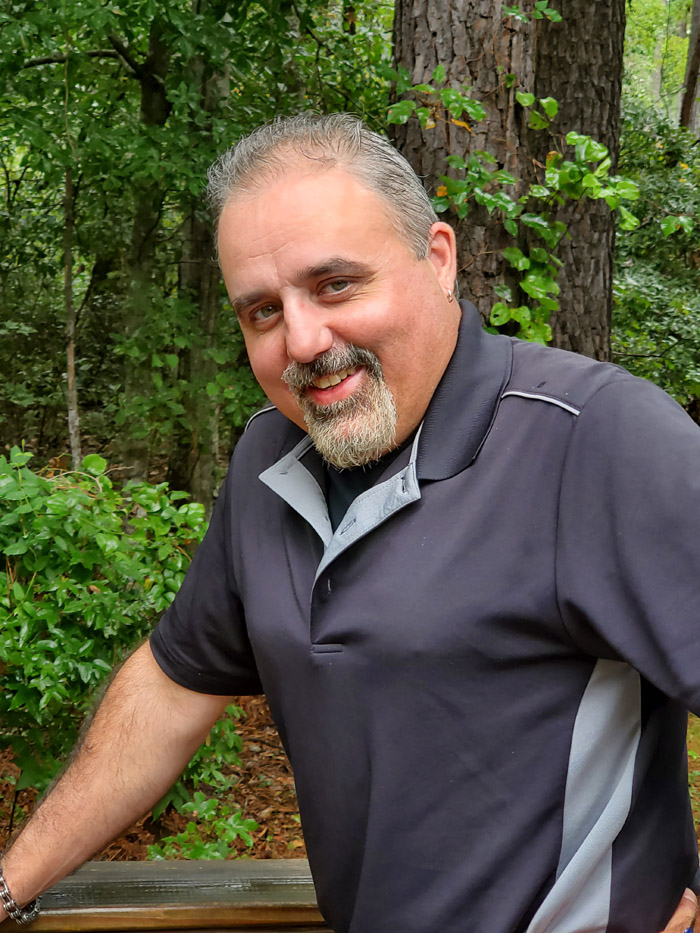
Image by pasja1000 from Pixabay
Most homeowners have a mortgage against their house, and homebuyers who purchase existing homes usually secure a traditional mortgage before closing. When building a new house, however, you’re likely to need a construction loan before getting a home mortgage. Here’s a breakdown of each, including how they’re used in the new home building process.
The Purposes of Construction Loans and Home Mortgages
A home mortgage is intended to finance the sale of an existing house. Instead of paying the full purchase price up-front, the buyer typically pays a portion and borrows the rest from a bank, credit union or other lending institution. The mortgage is then paid off in monthly installments, and the house is used as collateral in the event of default.
A construction loan is intended to finance the building of a new home, and this brings some notable changes. Construction loans are disbursed in phases as the building project proceeds (as opposed to all at once at the time of purchase). Lenders also consider construction loans to be higher risk, since there’s not already an existing house to use as collateral.
Common Terms of Construction Loans and Home Mortgages
Because construction loans and home mortgages are used differently, they come with different terms. While each type of financing itself has many variables, there are a few general principles that largely hold true:
Construction Loans Are Shorter: Home mortgages are normally paid off over a period of years, with 15- and 30-year mortgages being common. Some lenders even offer 40-year mortgages.
Construction loans are much shorter, because they’re only for the duration of the building project. A construction loan might last for 1 year or less.
Construction Loans Require More Down: Home mortgage programs vary widely in how much they require homebuyers to pay at closing. Traditional mortgages eliminate private mortgage interest (PMI) with a 20% down payment, but many mortgages accept down payments of 10, 5 or 3%. Some federally backed programs even require nothing down.
Construction loans usually require 20 to 25% down, and programs that reduce this amount are rare. The increased down payment is due to the increased risk that lenders assume.
Construction Loans Have Higher Interest Rates: Because construction loans are considered higher-risk, they also come with higher interest rates than home mortgages normally do. Interest rates are always based on current conditions and credit, however.
How Construction Loans and Home Mortgages Are Used
When building a new home, a construction loan is typically required (unless you’re paying in full). The loan isn’t intended to last for years, however. You’ll usually have a construction loan only for as long as you’re building. When construction is complete, it’s normal to take out a home mortgage. The funds from the mortgage are used to pay off the construction loan, leaving you with a mortgage just like many other homeowners have.
How To Apply for a Construction Loan
If you need a construction loan for a new home build, contact a homebuilder in your area. They’ll be able to recommend a loan officer who can help you apply for a construction loan that suits your situation. The loan officer can also assist with transitioning to a home mortgage when the time comes.
About the Author

Ryan Mandigo
Ryan Mandigo is an award-winning professional broker associate with Realty ONE Group Dockside. Originally a native of New Hampshire, his love of real estate began 30+ years ago while swinging a hammer on a framing crew. He has always had a strong passion for helping people, whether it be assisting a couple in purchasing their first home, finding a home that fits a growing family's needs, or downsizing for those with an empty nest. He strives to build strong personal and professional relationships with being a true believer in the power of positive thinking and always willing to lend a helping hand.
He is also a co-founder and board member of the Swing Fore the Kids organization. A local charity that is 100% nonprofit and their sole purpose is to help needy children and young adults within Horry County communities. He finds great satisfaction and pleasure in seeing how working hard for a great cause and raising funds can help others in need. He is also on the Board of Directors for the Waccamaw Youth Center in Conway, where their mission is to provide at-risk youth "A Place To Call Home"
When he is not working, he enjoys music, working around the home, spending time with family and friends, turning wrenches on vintage vehicles, getting some wind therapy on the Harley or chilling with their dogs.
Some quotes he lives by - "Do what you like and like what you do" - "You have to be odd to be number one" - "Dreams don't work unless you do" And one of his favorites. "Positive and enthusiastic thinking in all you do"
